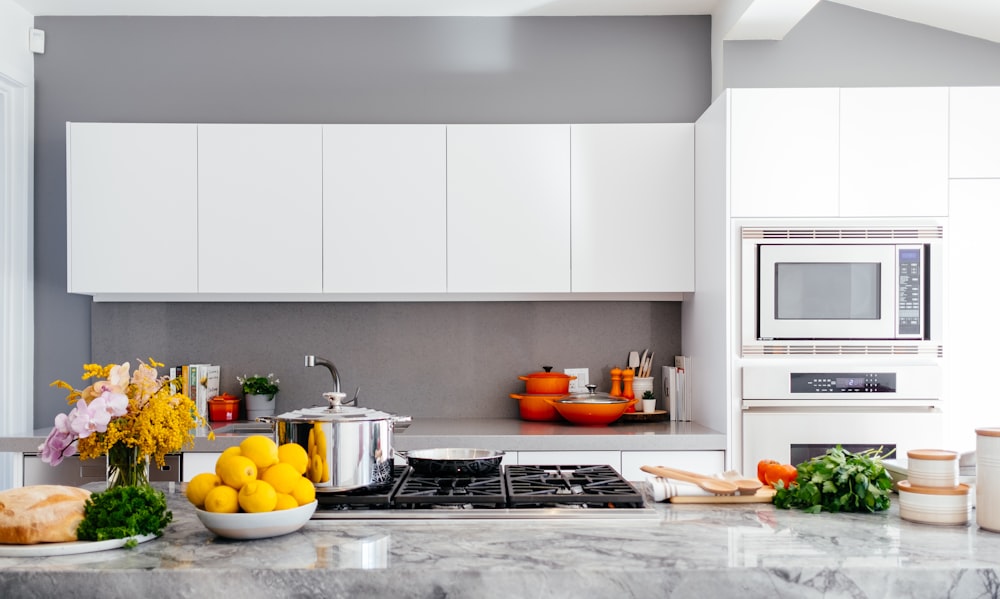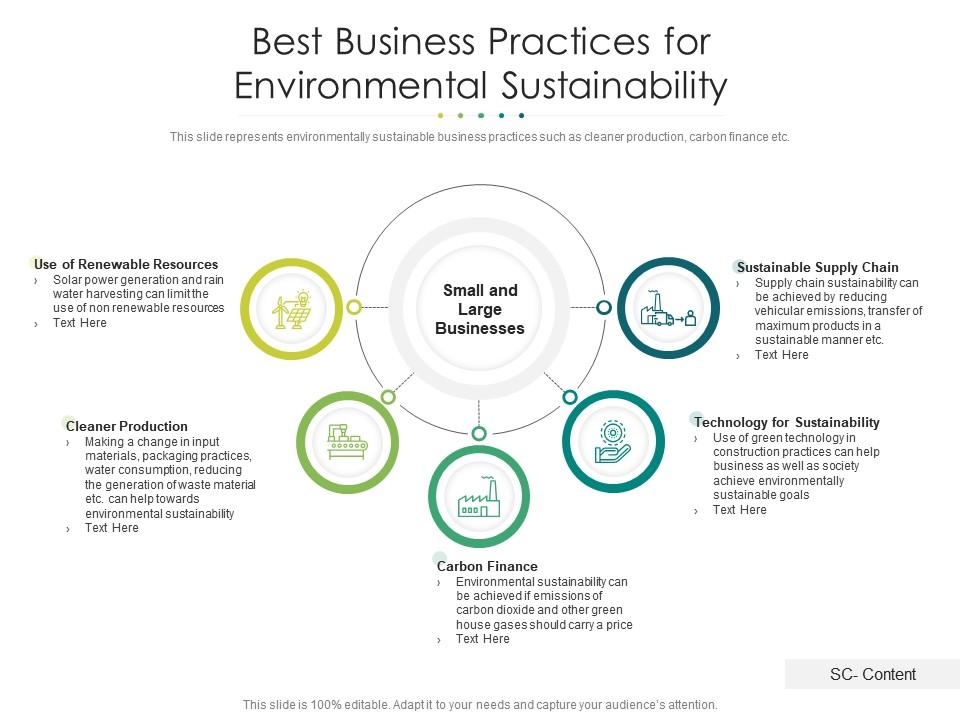Kitchen Redo Cost: Budgeting for Your Renovation Project
Introduction:
Embarking on a kitchen renovation project can breathe new life into your home and enhance both its functionality and aesthetics. However, it’s essential to approach this endeavor with careful planning, especially when it comes to budgeting for the costs involved.
Determining Your Budget:
Before diving into your kitchen redo, take the time to determine your budget. Consider factors such as the scope of the renovation, the materials you want to use, and any additional expenses such as labor costs and permits. Be realistic about what you can afford and prioritize the aspects of the renovation that are most important to you.
Setting Priorities:
Once you have a budget in mind, it’s time to set priorities for your kitchen renovation. Decide which elements are non-negotiable and where you’re willing to compromise. For example, if you’re dreaming of high-end appliances but have a limited budget, you may need to scale back on other aspects of the renovation to accommodate this expense.
Researching Costs:
Research is key when it comes to understanding the costs associated with a kitchen redo. Take the time to gather quotes from contractors, explore prices for materials such as cabinets, countertops, and flooring, and factor in any additional expenses such as permits and delivery fees. Having a clear understanding of the costs involved will help you budget more effectively.
Budgeting for Contingencies:
No matter how well you plan, unexpected expenses can arise during a renovation project. It’s essential to budget for contingencies to cover any unforeseen costs that may arise along the way. As a general rule of thumb, setting aside 10-20% of your total budget for contingencies is a wise approach to ensure you’re prepared for any surprises.
Exploring Cost-Saving Strategies:
There are several cost-saving strategies you can employ to help stretch your renovation budget further. For example, consider refinishing your existing cabinets instead of replacing them, opting for affordable yet durable materials, and tackling some of the labor yourself if you have the skills and expertise. Additionally, shopping around for the best deals on materials and negotiating with contractors can help lower costs.
Understanding Cost Factors:
Several factors can influence the cost of a kitchen renovation, including the size and layout of your kitchen, the quality of materials you choose, and the complexity of the project. For example, a complete gut renovation will typically cost more than a cosmetic makeover, while high-end materials and custom features will also drive up expenses.
Budgeting for Long-Term Value:
While it’s essential to stay within your budget, it’s also important to consider the long-term value of your kitchen renovation. Investing in quality materials and craftsmanship can pay off in the form of increased home value and improved functionality and enjoyment of your space. Be strategic about where you allocate your budget to maximize the return on your investment.
Tracking Expenses:
Once your kitchen renovation is underway, it’s crucial to track your expenses carefully to ensure you stay within budget. Keep a detailed record of all costs, including materials, labor, permits, and any unexpected expenses that arise. This will allow you to identify any areas where you may be overspending and make adjustments as needed to stay on track.
Celebrating Your Success:
Finally, don’t forget to celebrate your success once your kitchen renovation is complete! While the process may have been challenging at times, seeing your vision come to life and enjoying your newly renovated space will make it all worthwhile. Take the time to appreciate the hard work and dedication that went into creating your dream kitchen. Read more about cost of redoing kitchen


